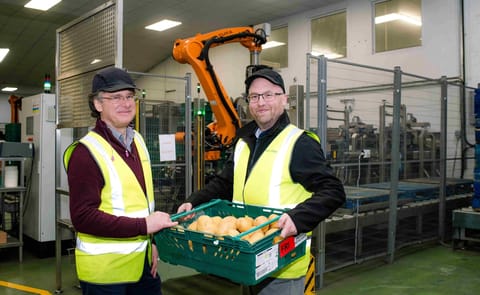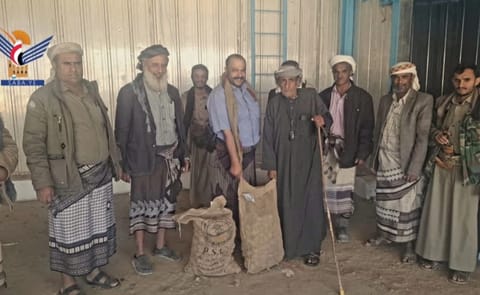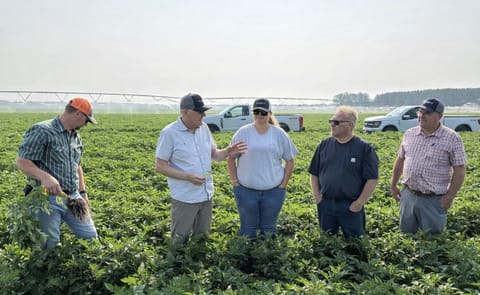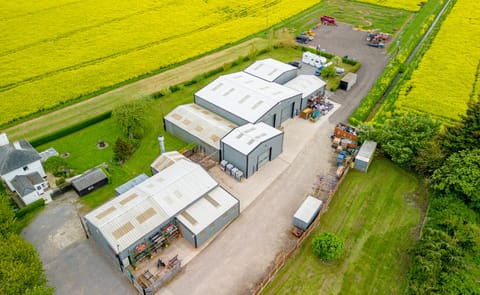Alannah Mactiernan, Minister of Agriculture and Food for Western Australia is visiting the seed potato farm of the Ayres family near Albany in March, who were awarded one of four Potato Industry Assistance Grants. They invested in sorting technology to boost quality and open up new markets, after they had been hit by a massive drop in sales due to the the potato psyllid outbreak.
Solapas principales
All Australian markets reopened for WA seed and ware potatoes as surveillance shows potato psyllids not infected

The government of Western Australia has announced that it has succeeded in regaining market access for Western Australian potatoes in all of Australia, following the detection of tomato potato psyllid in February 2017.
Access for seed and ware potatoes has been regained to every jurisdiction, after South Australia agreed to allow WA potato imports this week.
Extensive surveillance and testing of more than 10,000 psyllids for the bacteria Candidatus Liberibacter solanacearum (CLso) was completed over three growing seasons to confirm the bacteria was not present in Australia.
Western Australia met the national surveillance requirements to demonstrate absence of CLso in WA, and an area freedom certificate for the State was issued in August 2018.
A recent spring surveillance round tested 1,575 psyllids with no detection of CLso, with further surveillance to be undertaken in autumn.
Ongoing surveillance in Western Australia will be required to maintain area freedom for CLso. The Department of Primary Industries and Regional Development will be working with industry to assess options for ongoing surveillance activities. Alannah MacTiernan, Minister of Agriculture and Food for Western Australia:
“This will come as welcome relief to WA potato growers, who have toughed out a difficult period since the psyllid was discovered in February 2017 and interstate trade was restricted.”
“The McGowan government took action when we came to government to bolster our plant biosecurity effort, commissioning two reports into the State’s tomato potato psyllid incursion response.”
“We have created the senior position of chief plant biosecurity officer in the department, and our $1.5 million Horticultural Research Recovery Fund has helped to support growers through this tough period.”
“A mammoth effort has gone into proving that WA is free of the CLso bacteria - more than 10,000 psyllids have been tested by the Department of Primary Industries and Regional Development.”
“That effort has paid off and it is good to see other jurisdictions have followed the science and reopened interstate trade.”







